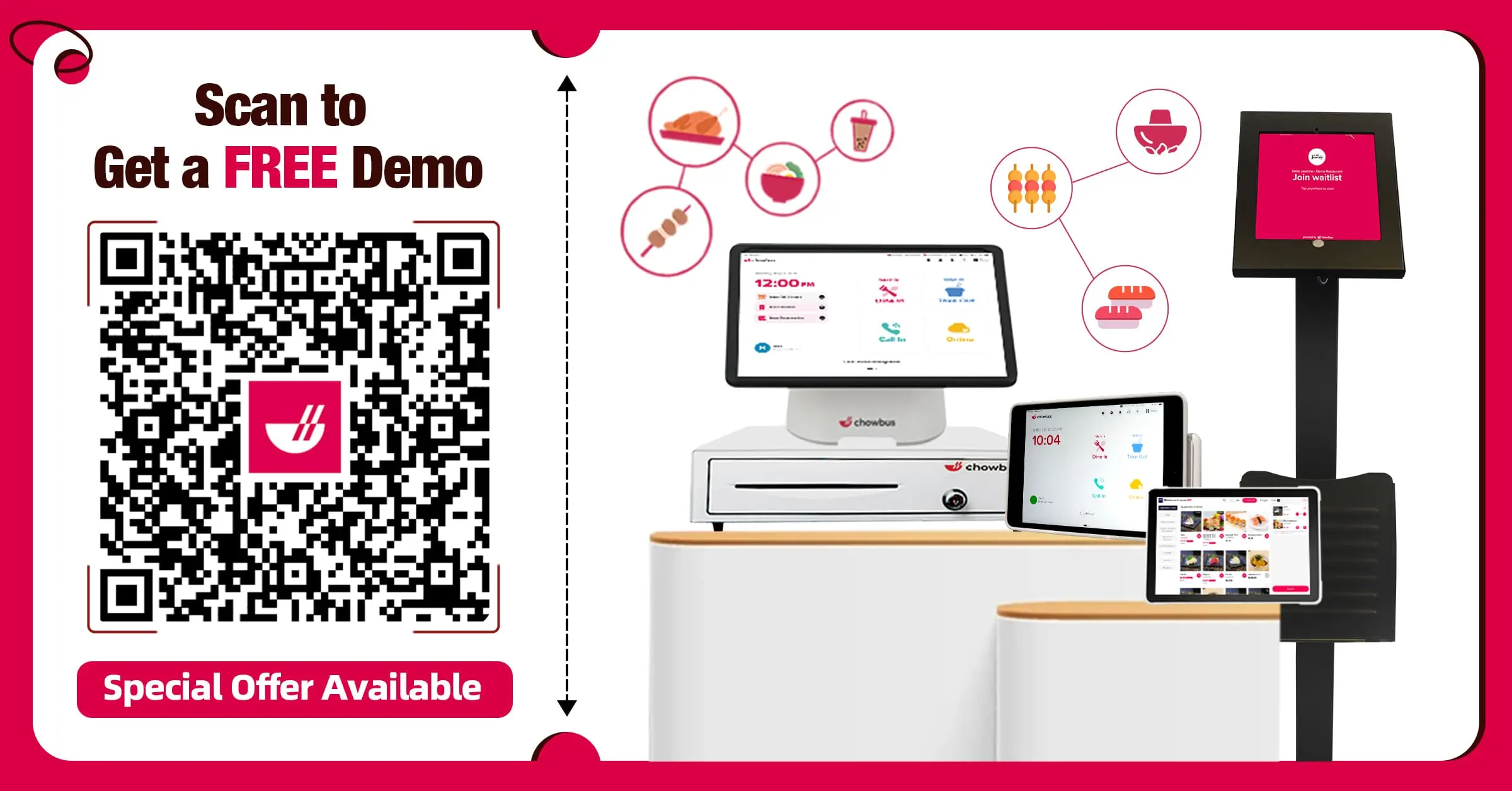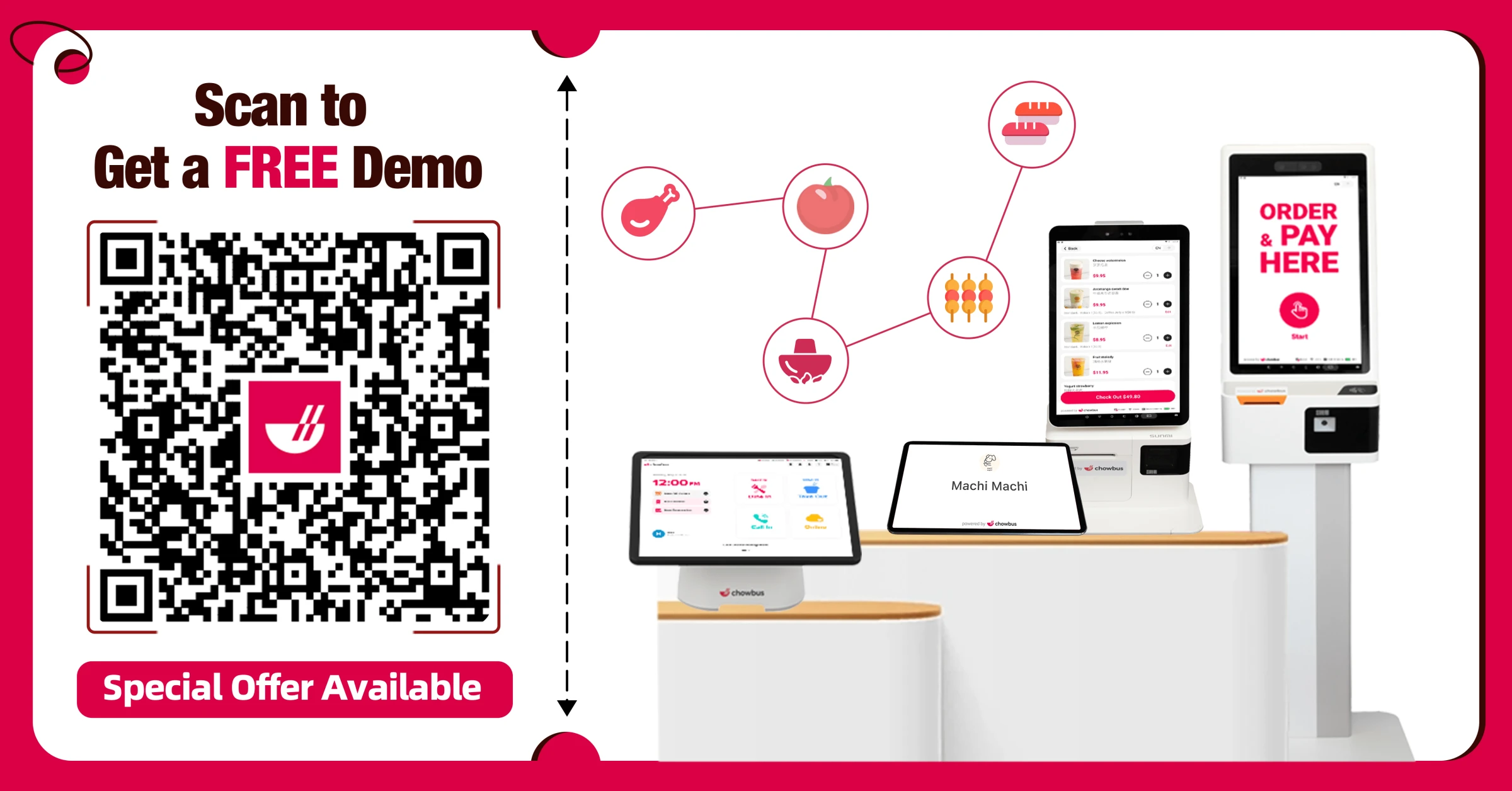Buying an Existing Restaurant Checklist: Factors to Consider in the US

In a previous blog, we introduced a step-by-step guide to opening a new restaurant in the US. In this blog post, we will explore another option for starting a restaurant—buying an existing one—by providing a comprehensive "Buying an Existing Restaurant Checklist." We will further introduce the factors you need to consider when buying an existing restaurant and the pitfalls you might encounter.

Factors to Consider
Understand the real reason for the transfer
It's crucial to know why the restaurant is being transferred, whether there are any issues, and if the reasons are manageable for you.
Evaluate cost-effectiveness
Assess the overall cost of the transfer, including one-time fees, renovations, equipment replacement, and maintenance.
Check the lease agreement
Review the lease contract for terms like transfer conditions and costs, and be aware of potential rent increases or the need to sign a new lease.
After evaluating these factors, if you decide to proceed with transferring an old restaurant, we have prepared a checklist for the restaurant transfer process to minimize potential pitfalls.
Checklist
Confirm the transfer of trademarks and restaurant name
Ensure that all relevant trademarks and names are transferred to you for legal use.
Check the validity of licenses and permits
Verify the validity of various licenses and permits, such as business licenses, health department permits, liquor licenses, etc.
Confirm the restaurant's leasing status
Check whether you'll continue the current lease or sign a new one, considering factors like rent and renewal terms.
Inspect equipment and inventory
Thoroughly inspect all equipment and assess whether they are usable or need repairs or replacements.
Evaluate POS systems
If the restaurant uses a POS system, assess its usability and consider whether to continue with the current system or choose a new provider.
Check delivery platforms
Verify the restaurant's presence on online delivery platforms, understand their performance, and consider the transition process if you plan to continue using them.
It's essential to hire a professional lawyer to draft the contract, covering scenarios like permits not obtained post-transfer or landlord disapproval, allowing you to terminate the contract unconditionally.
While transferring an old restaurant may seem less daunting than starting from scratch, there are still many considerations and potential pitfalls.
If you find this article helpful, please share it with others in need.

Browse through our blogs for more information, or contact us to get professional consulting services.
Recommended Articles: